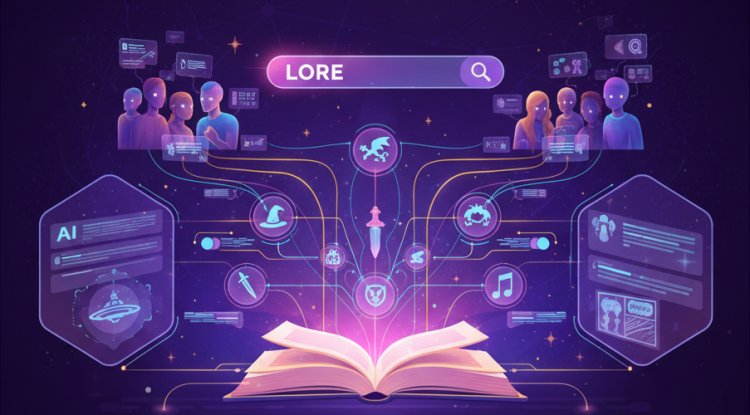The Rise of Automation and Its Impact on the Job Market
Automation is changing the job market, with the potential for job losses, skill requirement changes, and new opportunities. Upskilling, collaboration, and adaptability are key to thriving.

Introduction
Automation is rapidly transforming the way we live and work. The introduction of automated systems has made life easier, faster, and more efficient. From self-driving cars to chatbots, robots to virtual assistants, automation is rapidly changing the way we live and work. However, the rise of automation has raised concerns about its impact on the job market. In this blog, we will explore the potential impact of automation on employee and the job market, how businesses and individuals can prepare for the changes ahead.
What is Automation?
Automation refers to the use of technology to automate tasks that were once done by humans. It involves the use of software, machinery, and equipment to perform tasks with minimal human intervention. Automation has been around for decades and has been used to improve productivity and efficiency in various industries. However, recent advancements in artificial intelligence and robotics have enabled the automation of more complex tasks, leading to concerns about its impact on the job market.
The Impact of Automation on the Job Market
The impact of automation on the job market is a topic of much debate. Some experts believe that automation will create new jobs and opportunities while others believe that it will result in significant job losses. Here are some of the ways that automation is likely to impact the job market.
-
Job Losses: Automation is likely to result in the loss of jobs in many industries. Jobs that involve repetitive tasks, such as assembly line work or data entry, are most at risk of being automated. The World Economic Forum estimates that automation could result in the loss of 75 million jobs globally by 2022.
-
New Jobs: While automation is likely to result in job losses in some industries, it is also likely to create new jobs in others. For example, the growth of automation is likely to increase the demand for engineers, data analysts, and software developers who can design, implement, and maintain automated systems.
-
Changing Skill Requirements: Automation is likely to result in changing skill requirements for many jobs. Workers will need to have a different set of skills to thrive in an automated world. This includes skills such as data analysis, programming, and critical thinking.
-
Increased Productivity: Automation has the potential to increase productivity in many industries. Automated systems can perform tasks faster and more efficiently than humans, leading to increased output and efficiency.
Preparing for the Impact of Automation
While the impact of automation on the job market is uncertain, there are steps that businesses and individuals can take to prepare for the changes ahead.
-
Upskilling: As automation changes the skill requirements for many jobs, workers will need to upskill to remain relevant. This could involve taking courses in data analysis, programming, or other areas related to automation.
-
Collaboration: Collaboration between humans and machines is likely to become increasingly important in the workplace. Businesses should focus on creating systems that enable workers and machines to work together effectively.
-
Adaptability: Workers who are adaptable and willing to learn new skills are likely to thrive in an automated world. Businesses should prioritize hiring workers who are adaptable and have a growth mindset.
-
Job Redesign: Businesses should consider redesigning jobs that are at risk of being automated. This could involve breaking down tasks into smaller, more specialized tasks that are more difficult to automate.
Conclusion
Automation is rapidly transforming the way we live and work. While the impact of automation on the job market is uncertain, it is clear that businesses and individuals need to prepare for the changes ahead. By upskilling, collaborating, being adaptable, and redesigning jobs, businesses and individuals can thrive in an automated world. The rise of automation may result in job losses in some industries, but it also has the potential to create new jobs and opportunities for those who are willing to adapt and embrace it.
What's Your Reaction?
 Like
0
Like
0
 Dislike
0
Dislike
0
 Love
0
Love
0
 Funny
0
Funny
0
 Angry
0
Angry
0
 Sad
0
Sad
0
 Wow
0
Wow
0
















































